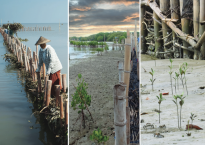
Over 350 resources now included in the FAO Biodiversity Knowledge Hub
08/04/2024

Can investing in nature fight climate change?
28/03/2024

Announcing the theme of the first International Day of Potato
11/03/2024

Webinar on farmers’ varieties and landraces: conservation through management on-farm
27/03/2024
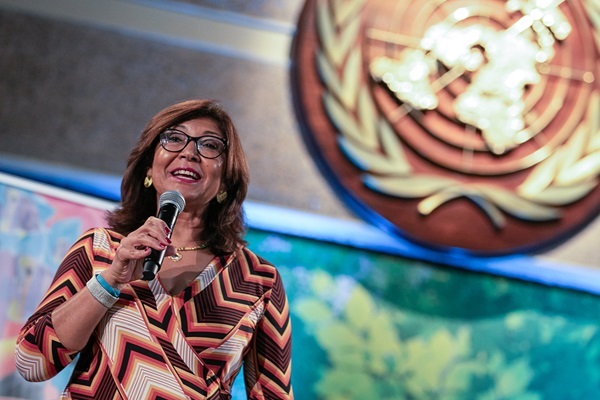
Agrifood systems transformation holds the key to our environmental challenges
01/03/2024
Transforming our agrifood systems to make them more efficient, inclusive, resilient, and sustainable is key to addressing the triple planetary crisis of climate change, biodiversity loss, and pollution. This was the overarching message from the Deputy Director-General of the Food and Agriculture Organization of the United Nations (FAO), Maria Helena Semedo, in a series of events during the sixth session of the United Nations Environment Assembly (UNEA) and the Second Quadripartite Executive Annual Meeting.

Upgrading traditional techniques boosts production of famous Azerbaijani tomatoes
30/03/2023
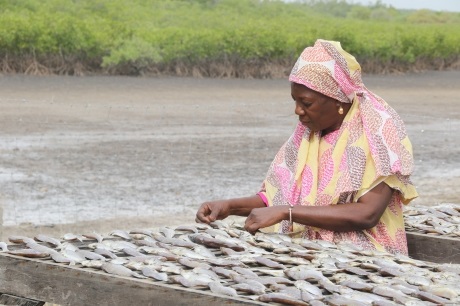
The magic of mangroves
24/05/2021
“We go to look for oysters in the mangroves to feed our families and for business. This is how I make a living. If I work for two to three days, I can earn money to cover my expenses,” says Fatou Sarr, President of the Women Transformers Group of Diamniadio, a cooperative and producers’ organization that supports small-scale oyster producers.

The female guardians of Venezuela’s Imataca Forest
06/08/2021
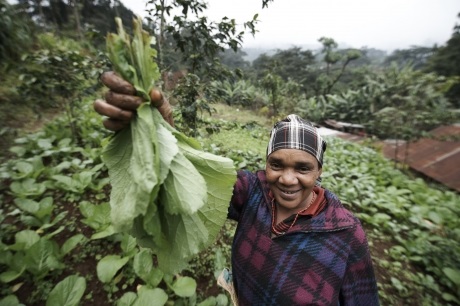
Now is the time to restore our ecosystems!
25/01/2021

More trees, less water stress in El Salvador
18/04/2023
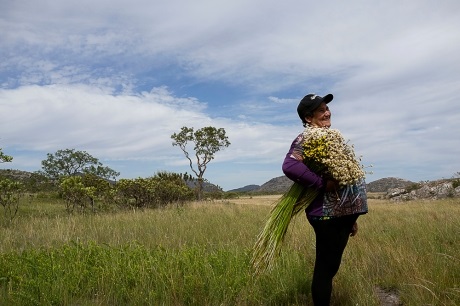
Five ways advancing sustainable agrifood systems promotes a healthy environment
25/07/2023

A wall that restores land and empowers communities in Niger
07/11/2022

Working in harmony with the environment
22/09/2022

From invasive species to prized export
19/10/2021

Fishing for the future in the Mediterranean
01/03/2022
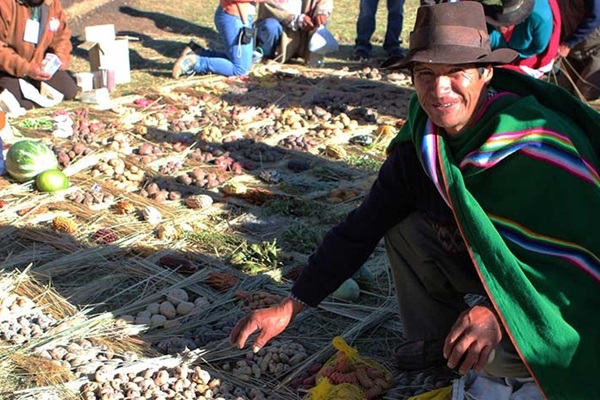
From the countryside with love
07/08/2020
Huamani Cardenas lives in Lima, but is originally from Conayca, a rural town of roughly 1 300 people in the central highlands of Peru. When he received a delivery of fresh food from his hometown, he was thrilled. “I sincerely thank the authorities of Conayca for thinking of us,” he wrote in a social media group for young Conaycans living in Lima.

Bringing water lilies back into nature and back to the Senegalese cuisine
18/11/2022
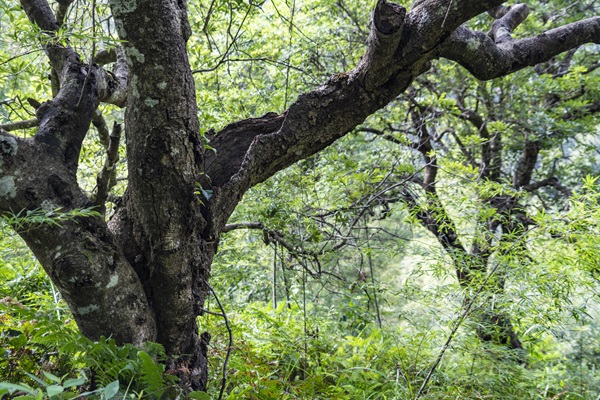
21 March: Join us to celebrate the International Day of Forests
03/03/2024

Nature is staging a comeback: 7 World Restoration Flagships
01/03/2024
